Malicious Foods - Love To Eat
1.Potatoes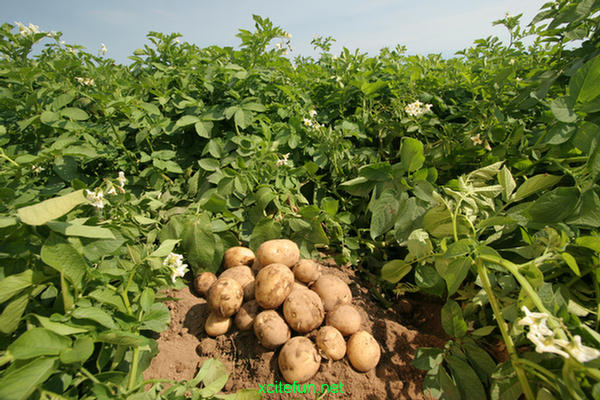
We've all heard something or another about potatoes. Whether it is the potato famine, some Irish story, or some other historical event centered on potatoes, one thing you may not have heard of is that potatoes are toxic. The stem and leaves of the plant are toxic, and even the potato itself is toxic. If you've ever looked at a potato, you may have realized that some turn a greenish color. This is due to levels of glycoalkaloid poison. In the past, there have been deaths due to potato poisoning. It is rare, but most happen due to someone drinking potato leaf tea, or eating green potatoes. Death doesn't come suddenly. It usually results in weakness and then a coma. Don't worry about having the occasional green potato chip, but do discard any potatoes that have green eyes, sprouts, or greenish skins, rather than prepare and serve them, especially to children.
2.Mushrooms
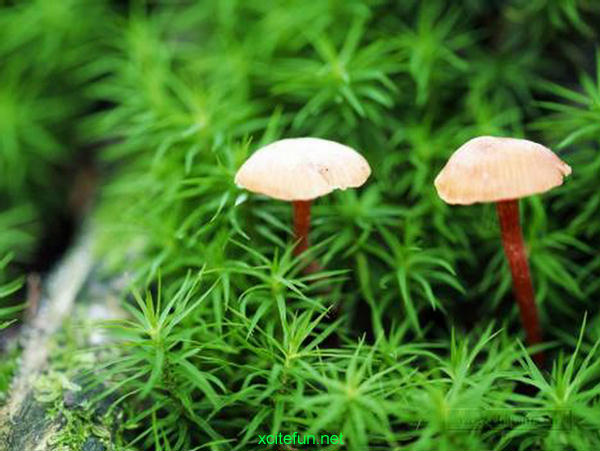
There are about 5000 types of mushrooms known in the U.S. and about 100 of them are said to be toxic, while less than a dozen are deadly. In any case, mushrooms can cause gastrointestinal discomfort. Since mushrooms are fungi and the fact that there are so many species, it can be hard to know which are poisonous. As rule of thumb, it is usually said that any mushroom found in the wild are more than likely poisonous. One of the deadliest types of mushroom toxins is Alpha-amanitin, which causes extreme liver damage. Toadstools, as they are called, are the poisonous mushrooms. Interesting fact: There are 38,000 known kinds of mushrooms; about 5% of these are toxic
3.Cherries
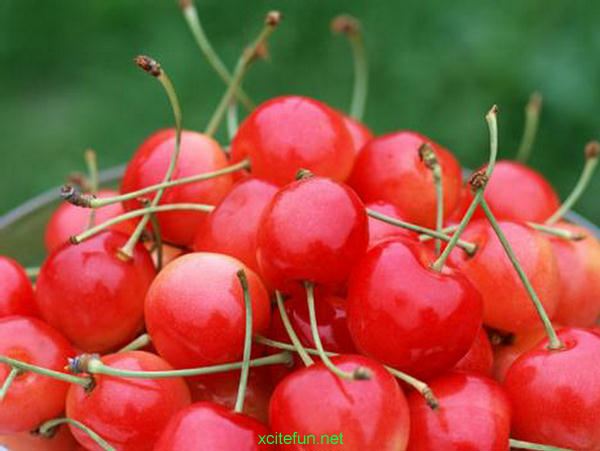
Cherries are definitely one of the most versatile fruits. You can eat them raw, cook them, bake them, and get them tart or sweet. Cherries can even be used in certain types of liquor. Despite their overall red goodness, cherries are toxic. If you've ever eaten a cherry and without thought chewed on the pip or left it in your mouth, you more than likely introduced hydrogen cyanide into your body. If a cherry pip is chewed, crushed, or somehow damaged, it automatically produces hydrogen cyanide. Symptoms of mild poisoning include headache, dizziness, confusion, anxiety, and vomiting. Larger doses can lead to difficulty breathing, increased blood pressure and heart rate, and kidney failure. Reactions can include coma, convulsions, and death from respiratory arrest.
4.Apples
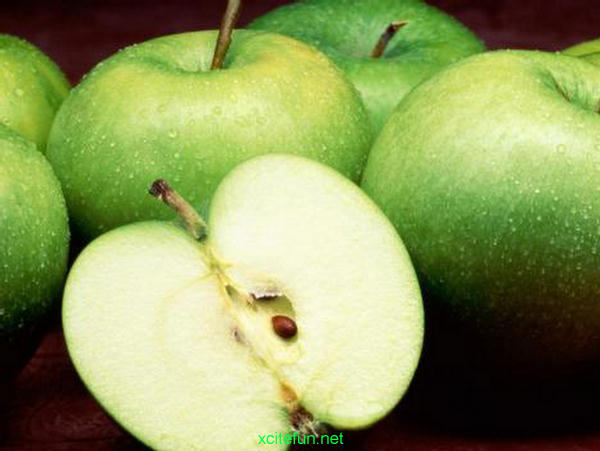
Apples are definitely a popular fruit no matter where you go. Like others on the list, and many other types of fruits, apples contain cyanide, but not in high levels. The fruit itself does not contain the chemical, but you will find cyanide in the apple's seeds. Eating all of the seeds in one apple won't kill you, but it's definitely not recommended. Of course, if enough apple seeds are eaten, this means chewed and swallowed, it can result in complications.
5.Tomato
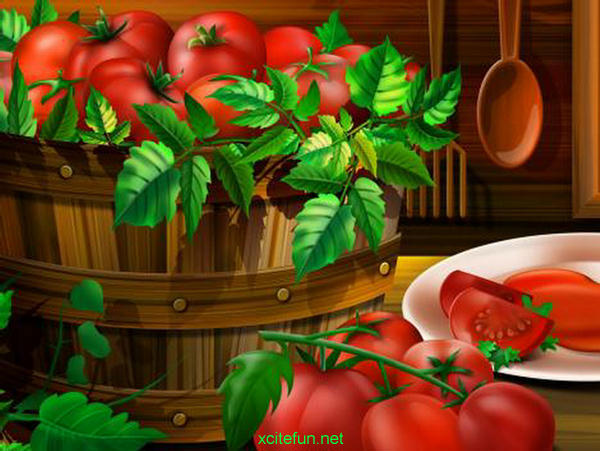
Despite the extreme popularity of tomatoes and many countries, it is true that they are poisonous. Though the fruit itself doesn't contain poison, the stem as well as the leaves contain a chemical known as glycoalkaloid. Higher levels are said to be found in wild tomatoes, but those grown domestically still contain glycoalkaloid. This chemical is known to cause upset stomachs and nervousness. The leaves and stem can be used in cooking for flavor, but must be removed before eating. This chemical is so powerful that it is actually used as a way to control pests.
6.Chilies
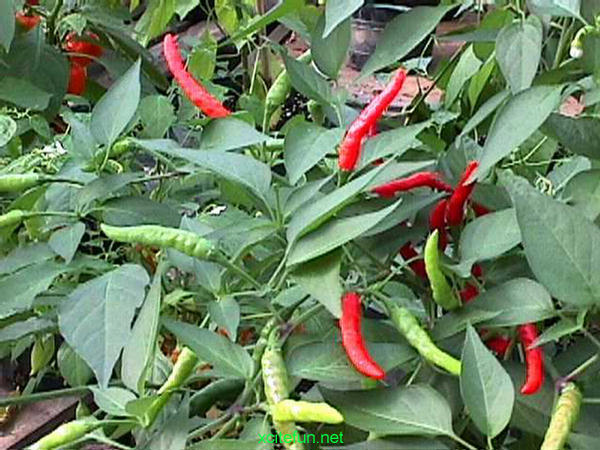
You've probably eaten a chili or two in your life. No matter if it was an extremely hot one, or one that was pretty mild, every chili you have ever consumed has contained a chemical called capsaicin. In chilies, capsaicin is what makes them spicy and "hot" Of course one chili won't hurt, but if you eat enough of them, capsaicin can kill you. The chemical is so strong that it is used as a paint stripper, and it is even used in pepper spray used by police forces. In hotter chilies, such as habaneros, capsaicin can be felt on the skin if you cut the chili, as it will produce a burning sensation.

